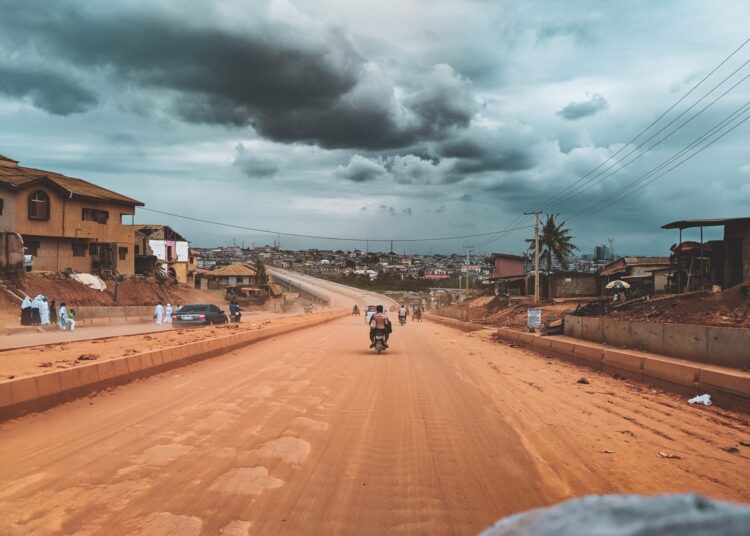Twenty-one million people may die as a result of climate change by 2050, a report released by the Africa/Europe Foundation has predicted.
It was gathered that the health impacts of climate are hitting the most vulnerable communities the hardest, with extreme heat spreading infectious diseases as food and water insecurity pose serious health risks.
The report said over 3.3 billion people in the world already live in highly vulnerable areas with one high estimate suggests that climate change could lead to at least 21 million additional deaths by 2050 from just five health risks.
The report called for urgent locally led solutions to bridge the world’s climate and health gaps.
The Collective MindS Climate x Health Council, led by Foundation S and the Africa-Europe Foundation published the report, titled, “From Risk to Resilience: Unlocking Climate and Health Finance for Local Health Adaptation.”
The report serves as a blueprint for action for world leaders coming out of the UN Summit of the Future, held between 22 and 23 September, to accelerate sustainable development goals by bridging siloes in climate and health.
Despite the urgency, the report said financing for locally led health adaptation remains inadequate.
Current funding for climate adaptation stands at only $21 billion annually which is 15 times lower than the estimated need of $387 billion.
Health adaptation in particular, is neglected with 0.5% of multilateral climate funding directed towards human health and only 10% of global climate finance reaching local levels.
The report said local actors are crucial in driving adaptation efforts, given their deep understanding of local climate-related health risks and their ability to tailor solutions to community needs.
To address these challenges, the report identified three priorities to overcome barriers and fast-track flexible finance for locally led health adaptation.
The report complements the release of a new research survey commissioned by Foundation S, Sanofi’s philanthropic organisation, revealing that health impacts of climate change are at the top of citizens’ concerns – 9 in 10 respondents from Brazil, France, India, Kenya and the United States believe that more investment is needed to protect people from these effects.
In Kenya, 96% of respondents expressed that concerns about the health impact of climate change are higher than concerns about the effects of war, geopolitical instability, and global economic pressures.
Moreover, at least three quarters of citizens living in the Global South think their health has already been impacted by climate change (India: 82%, Brazil: 75%, Kenya: 75%).
As leaders convene at the 79th UN General Assembly in New York and as US entered the biggest election year in history, the research represents a warning sign from global citizens to leaders.
“Climate change is not just an environmental issue; it is a health crisis that affects us all. Our research highlights a clear demand from the global public for urgent action. We must prioritise investments in building healthcare systems that are both climate-proofed and resilient to protect the most vulnerable populations and ensure a resilient future for all. Now is the time for bold leadership and decisive action,” said Vanina Laurent-Ledru, Director General of Foundation S.
Also, the Executive Director of the Africa-Europe Foundation, Paul Walton, said, “People across our societies are the first to recognise how climate change is having profound impacts on health, economies and overall equity. Today, with the launch of our report, we are providing an operational blueprint for collective action that cuts across siloed sectors of cooperation, unlocks investment in health systems and – critically – protects the lives of the most vulnerable. As the report makes clear, the cost of inaction is greater than the cost of action.”
The Collective MindS Climate x Health Council is a group of world-leading experts from industry, academia, civil society, philanthropy and government.











